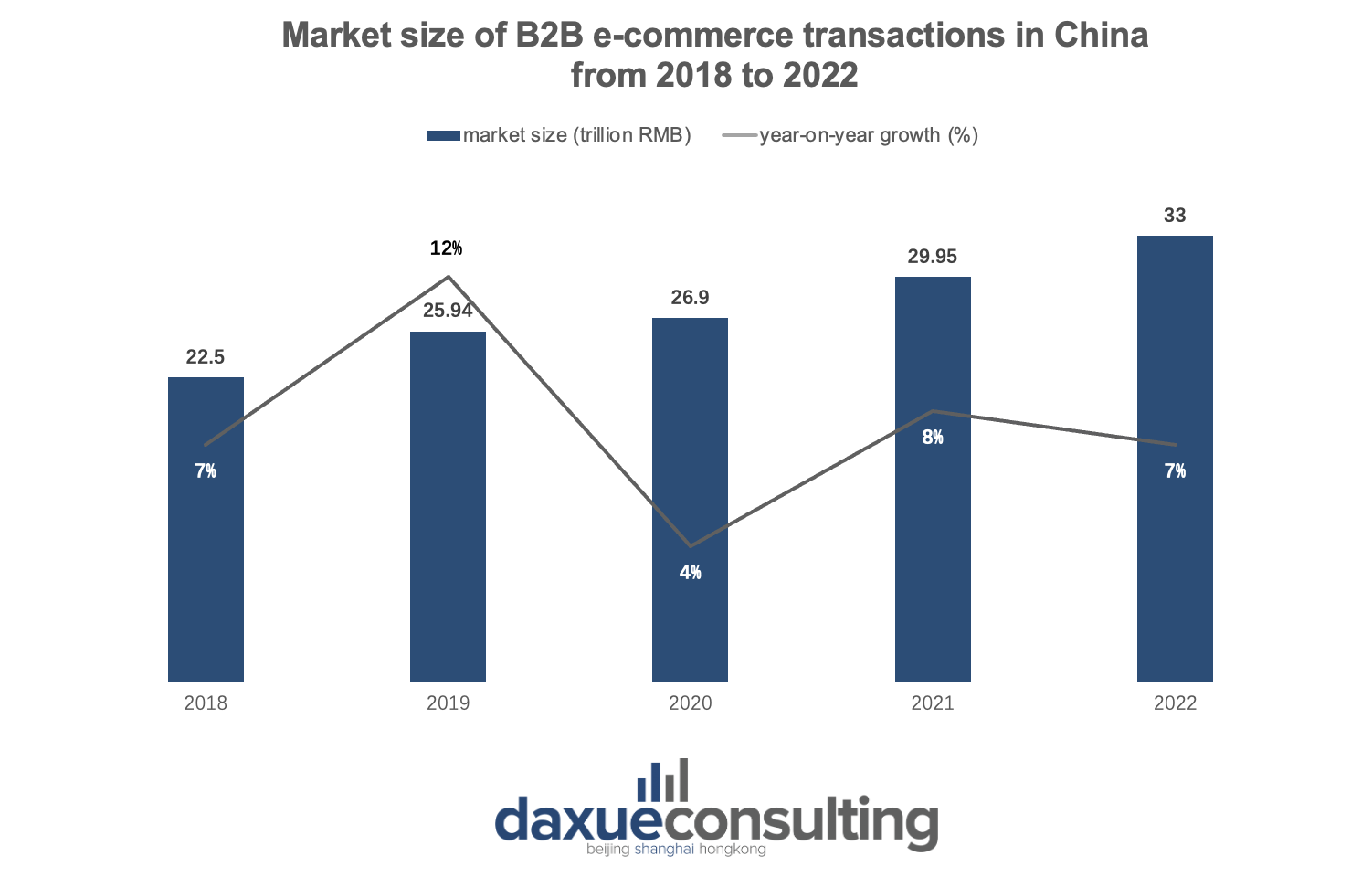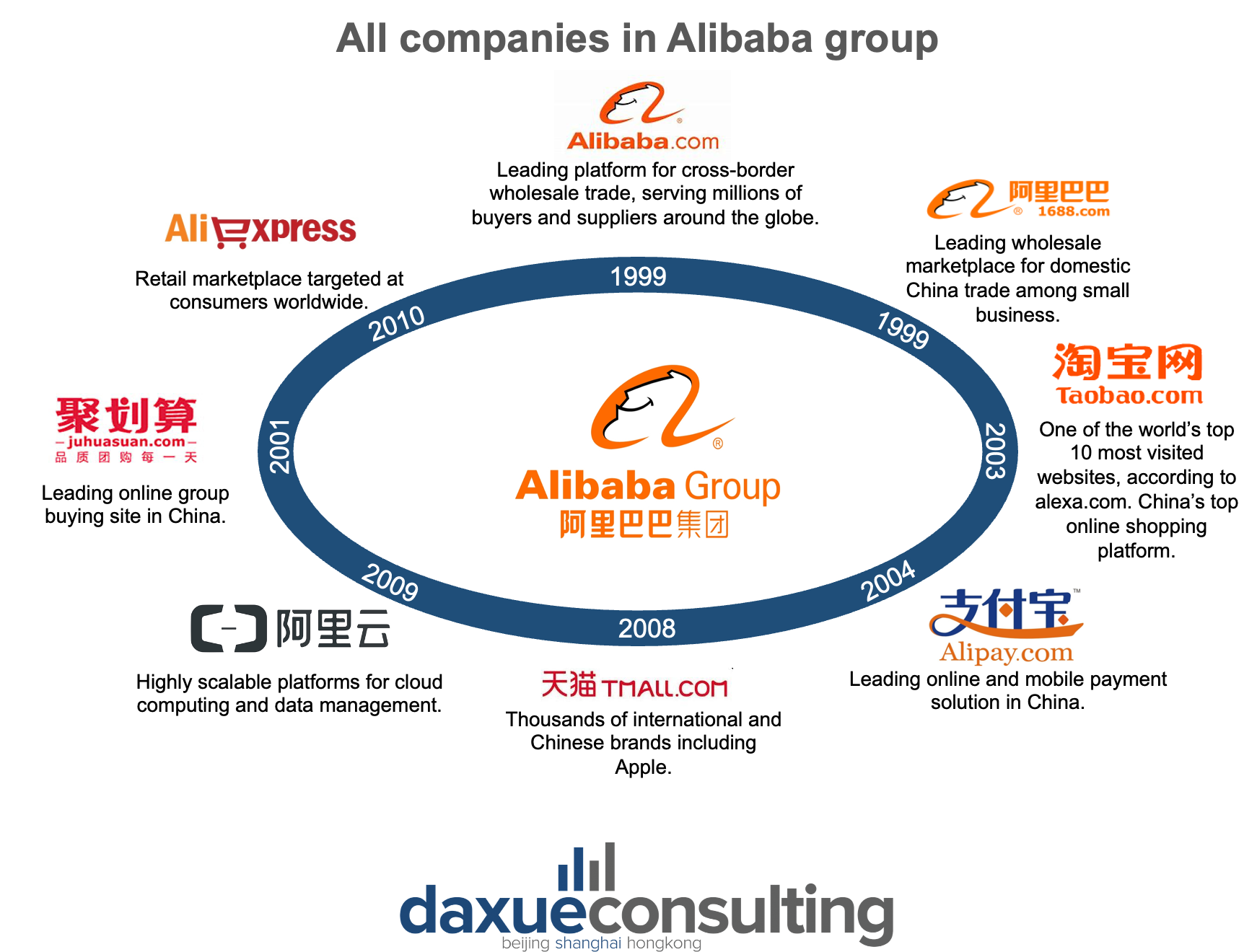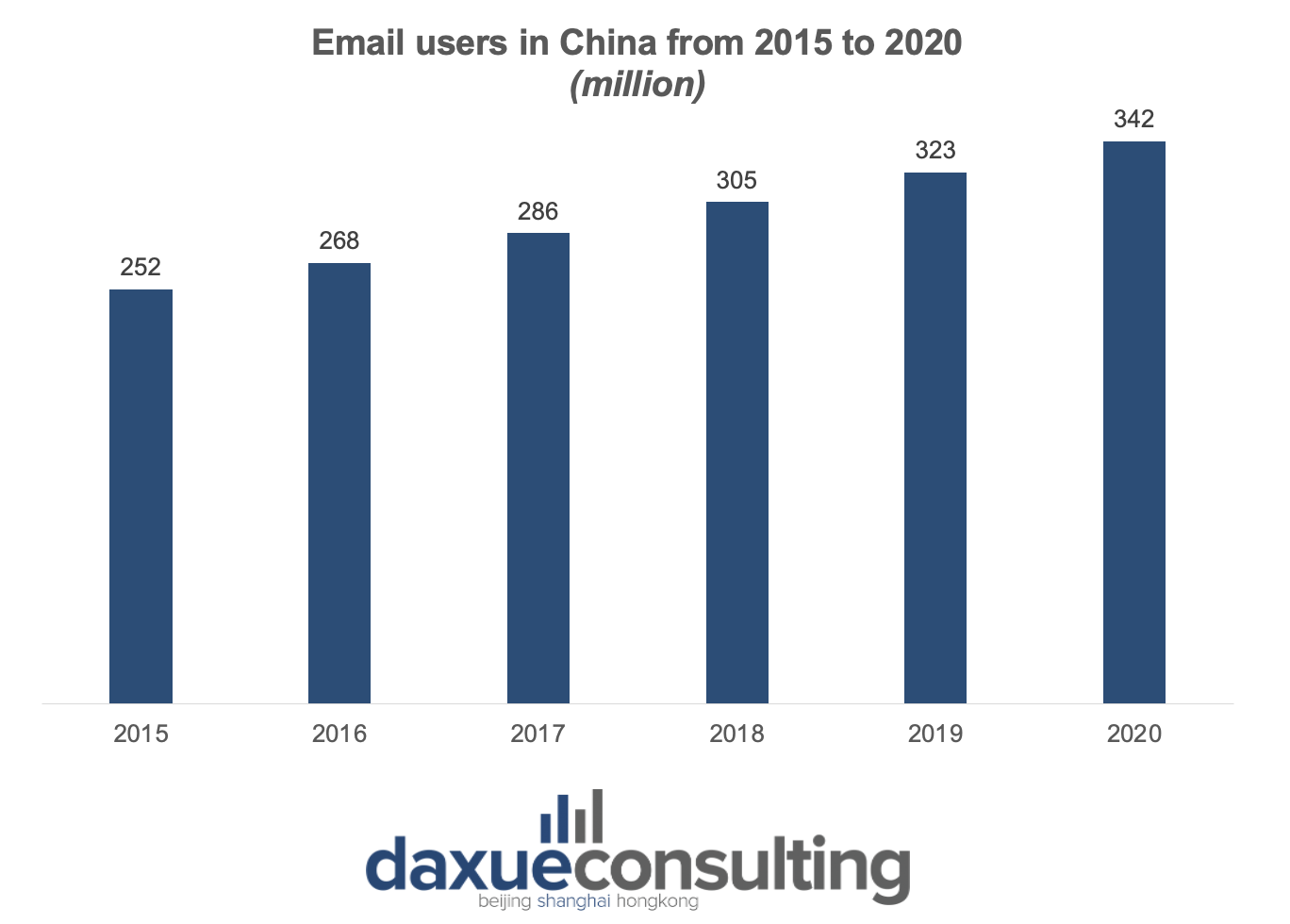The extensive and lucrative Chinese market presents B2B companies with an abundance of opportunities. According to the Analysis of B2B e-commerce industry in China by the Chinese market research company Gonyn, China’s B2B e-commerce transaction scale reached 29.95 trillion RMB in 2021, with a year-on-year growth of 11.34%. In 2022, China’s B2B e-commerce transaction scale was estimated to generate 33 trillion RMB. B2B marketing in China is becoming unprecedentedly effective. According to 2022 China B2B Marketing White Paper, 43% of marketers rate their business’s B2B marketing as effective, a significant increase from 30% in 2021.
However, the Chinese market is complex. Eastern-Western cultural differences, language barriers, different business norms, and unique digital marketing platforms make it difficult for foreign companies to be profitable in China’s B2B market. Following this article, we will take an in-depth look at the Chinese business culture, with an emphasis on online strategies, and then learn about what is better to do and not to do in B2B marketing in China.

B2B business in China embrace online strategies for procurement
Due to the rapid growth of online technology in China, online strategies are becoming an integral component of B2B business culture. Amazon reports that 68% of 2022 buyers in general intend to make at least 40% or more of their purchases online, up from 56% in 2021, and that 91% of B2B buyers prefer to shop online. Furthermore, China’s industrial digitalization policy has been enhanced since 2021, promoting the merger of the digital and real economies. As a result, the online approach is becoming increasingly crucial for doing business in China.
However, some businesses are still hesitant to fully utilize online procurement, primarily due to information opacity. Enterprises are confronted with three major pain points in online purchasing: first, one of the major issues faced by businesses is the interruption of the supply chain or delays in transportation, which can cause significant delays in the delivery of products to customers. Second, inadequate or incomplete product information and descriptions on websites can make it challenging for businesses to assess the quality and features of products, hampering their decision-making abilities. Lastly, difficulty in contacting sales personnel or companies can add to businesses’ distress, especially when trying to resolve after-sales issues or concerns. Timely and effective communication is crucial in ensuring customer satisfaction and retention.
How to do B2B marketing in China
1. Searching and Planning
The unique and dynamic environment of the B2B market in China deserves in-depth investigations before foreign companies enter the market. Investigations should also take Chinese culture into consideration.
Therefore, one effective way is to cooperate with local marketing consulting teams and to seek advice from experts. A thorough comprehension will enable businesses to assess the risks associated with implementing a series of decision-based actions and to select the most appropriate market segmentation and targeted customers.
2. Traditional B2B marketing strategies in China such as conferences and trade fairs
Investing in a well-established offline distribution network can still be advantageous for companies, particularly in cases where B2B enterprises aim to target certain regions and compete with local suppliers. Even in today’s digital age, traditional methods of distribution can prove to be instrumental in gaining an edge over competitors. An offline presence demonstrates a company’s long-term commitment to China and provides B2B consumers with security. Some B2B customers in China prefer traditional offline B2B marketing strategies, such as conferences and trade fairs, including China International Electronic Commerce Expo and the National Sugar & Wine Trade Fair. Participating in such events is a great method to initiate contact with potential customers. It is also an effective method for rapidly advancing a potential social relationship with B2B clients.
3. Digital B2B marketing strategies in China emphasize e-marketing
One key point that every company must know to achieve success in the B2B market in China is that e-marketing is different from what it is in the western world. In China, popular websites such as Facebook, YouTube, LinkedIn, and Twitter are prohibited. Therefore, to enter the B2B market and reach B2B clients, businesses could benefit from making good use of China’s most popular social media platforms, including Douyin, Little Red Book and Weibo. For example, the posts on Little Red Book, which related with China’s most popular B2B website, Alibaba, received around 100 million views by May 2023, making Alibaba more accessible to a large number of new people.
A well-organized and professional-designed official website is a plus
The official website for B2B clients is more than just an online catalog. It also provides useful resources for learning about B2B companies and their products or services. Official websites play significant roles in all phases of the B2B customer journey. Clear and appealing official websites are therefore effective channels for generating B2B client interest, sales leads, and partnership opportunities.
Two criteria are essential for website optimization. First, the website should be designed and verified to be compatible with mobile devices. According to China Internet Network Information Center, 99.6% of Chinese Internet users access the Internet with mobile devices. Therefore, creating a mobile-friendly website will aid businesses in displaying information visually and attracting more consumers. Second, the website’s content should be provided in simplified Mandarin. Chinese consumers are accustomed to receiving persuasive, high-quality information in Mandarin Chinese. Adopting the local language will make it simpler for consumers to understand and trust on those messages. It also demonstrates companies’ commitment to the Chinese market.

Cooperating with B2B e-commerce platforms in China
Creating and maintaining an official website is costly, particularly for small to medium-sized businesses. Therefore, as in China B2B e-commerce is thriving and the platforms are frequently utilized by B2B customers, collaboration with top e-commerce platforms is recommended. For instance, Alibaba is the B2B e-commerce market leader with strong brand recognition. It owns a platform for international businesses and a platform for domestic businesses, both of which provide massive business information for merchants and create a convenient online trading market.
4. Listing top in Search Engine Marketing (SEM) Services
Since B2B clients are more likely to perceive businesses with websites ranking at the top of search engine results as more authentic than the rest, it is important to rank at the top in search engines, both in China and abroad. To some extent, Baidu is to China what Google is to many parts of the world. In 2022, Baidu held 75.54% market share among Chinese search engines.
B2B clients in China frequently use Baidu to find suitable suppliers. Baidu provides SEM services to make companies’ information more accessible to potential B2B clients at the search or discovery stage. A Baidu’s pay per click (PPC) marketing campaign is essential for generating quick yet temporary leads from China. However, the quality of the PPC campaign is not guaranteed. Baidu’s search engine optimization (SEO) is another way to optimize content for the target B2B clients, which is highly effective as part of a long-term and sustained marketing strategy.
Safer not to make these B2B marketing mistakes in China
1. Ignoring local culture and business etiquette
China’s B2B market is a highly competitive and complex environment. Neglecting local culture and business etiquette will make it difficult to establish and maintain positive relationships with B2B clients in China. Although it is challenging to entirely change a company’s style or culture, it is essential to show a positive attitude towards learning Chinese culture. In addition, parent companies need to understand the intricacies of the Chinese market and adopt more flexible business strategies in China.
2. Being professional is not enough
Only being professional is not enough, for it is entirely possible that foreign companies lack the flexibility to customize their products to a specific business challenge. Therefore, foreign enterprises, regardless of industry, may benefit from adjusting their products and services to match the needs of the Chinese market. Otherwise, B2B clients in China may view these international firms as mere suppliers rather than actual partners or long-term solution providers, and inability to go beyond sales could hinder the development of deeper relationships with B2B customers.
3. Targeting China as one large, unified market
China is the world’s third-largest country by area, with 685 cities and 23 provinces. The factors including economic status, culture, population, vary from region to region. Therefore, adopting a one-size-fits-all strategy for the Chinese B2B market is not a wise decision. Starting on a modest scale, gaining experience, and then adjusting to the market is an option for foreign firms. This approach can be more effective than rushing into the market without fully understanding its diversity.
4. Email marketing is not so popular in China
Due to unique Internet-cultural developments, people prefer to communicate through instant messaging apps than email – even for business communication. In 2019, Chinese corporate email users sent and received about 1.77 billion emails per day on average, compared with 246.5 billion emails sent and received globally, accounting for less than 0.01%. As a result, email marketing in China can be a challenging and frustrating process, sincere there is a high possibility that B2B clients in China will not check their emails and ignore any advertising.

However, an official email address is still required for business communications. Rather than Gmail, which cannot be accessed in China, it is more common for businesses to use domestic email service providers, such as Netease or Tencent.
Winning B2B marketing in China: Key takeaways
- The developing Chinese market offers rich opportunities for B2B companies, and B2B marketing is becoming increasingly significant in China. Moreover, as a result of the rapid growth of online technology in China, online strategies are becoming an integral component of B2B business culture.
- The unique and dynamic environment of the B2B market in China deserves in-depth investigations before the foreign companies enter into the market. Searching and planning is an important first step in implementing B2B marketing.
- Today the traditional methods of distribution, such as conferences and trade fairs, can still prove to be instrumental in gaining an edge over competitors. An offline presence demonstrates a company’s long-term commitment to China and provides B2B consumers with security.
- Moreover, there are several important steps in digital B2B Marketing Strategies in China including designing a well-organized official website, cooperating with famous Chinese B2B e-commerce platforms, and listing top in SEM Services.
- There are also several B2B marketing mistakes in China to avoid, such as ignoring local culture and business etiquette, targeting China as a single market, or placing too much significance on email marketing in China.
Author: Lyu Ai
Download the ASEAN x China business relations report






